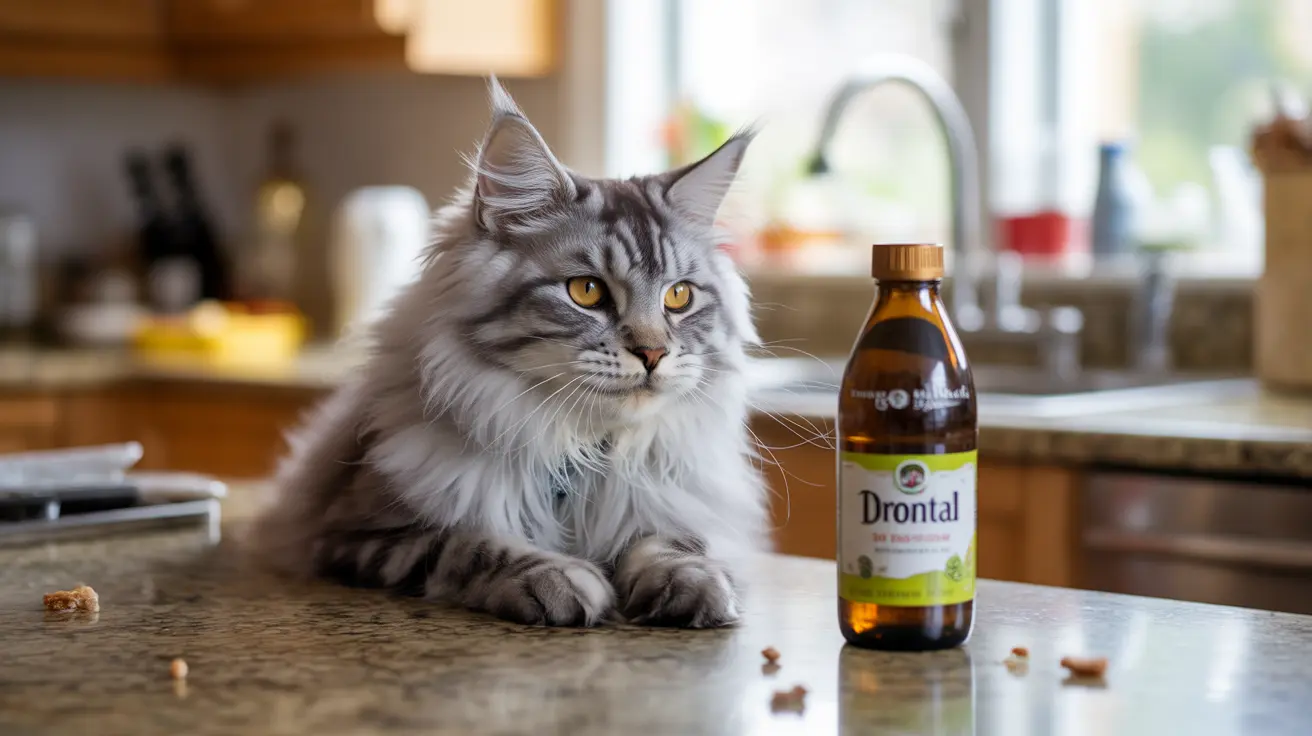As a pet owner, you might be tempted to use dog dewormer on your cat, especially if you have both pets at home. However, this seemingly convenient solution could put your cat's health at serious risk. Let's explore why dog dewormers aren't safe for cats and what you should do instead.
Understanding the crucial differences between cat and dog medications could save your feline friend's life. This comprehensive guide will explain the risks of using dog dewormers on cats and provide safe alternatives for treating worm infections in your cat.
Why Dog Dewormers Are Dangerous for Cats
Cats and dogs have fundamentally different physiologies and metabolisms, which affects how they process medications. Dog dewormers often contain ingredients or dosages that could be toxic to cats. Even products with similar active ingredients are specifically formulated for each species' unique needs.
Some dog dewormers contain ingredients that cats cannot safely metabolize, potentially leading to severe health complications or even death. The dosage in dog medications is also typically much higher than what's safe for cats, increasing the risk of overdose.
Common Risks and Side Effects
When cats are exposed to dog dewormer, they may experience various adverse reactions, including:
- Severe vomiting and diarrhea
- Neurological symptoms
- Liver damage
- Seizures
- Loss of appetite
- Excessive drooling
- Lethargy or weakness
Safe Deworming Options for Cats
The only safe approach to deworming your cat is using products specifically designed for felines. Here's what you should do:
- Consult with a veterinarian for proper diagnosis
- Use cat-specific deworming medications
- Follow the exact dosage instructions
- Monitor your cat during treatment
- Schedule regular deworming as preventive care
Emergency Actions for Accidental Ingestion
If your cat accidentally consumes dog dewormer, take these immediate steps:
- Contact your veterinarian immediately
- Document the type and amount of dewormer ingested
- Watch for adverse reactions
- Keep the product packaging for reference
- Follow emergency care instructions from your vet
Prevention and Regular Care
Preventing worm infections is crucial for your cat's health. Implement these preventive measures:
- Regular veterinary check-ups
- Maintain a clean litter box
- Practice proper flea control
- Keep indoor/outdoor areas clean
- Separate pet medications carefully
Frequently Asked Questions
Can I safely use dog dewormer medication on my cat?
No, using dog dewormer on cats is not safe. Cats require specific formulations designed for their unique physiology and metabolism. Always use cat-specific dewormers prescribed by a veterinarian.
What are the risks if my cat accidentally ingests dog dewormer?
Risks include severe gastrointestinal issues, neurological problems, organ damage, and potentially life-threatening complications. Immediate veterinary attention is necessary if accidental ingestion occurs.
How do cat dewormers differ from dog dewormers in ingredients and dosage?
Cat dewormers contain specific ingredients and dosages tailored to feline biology. Dog dewormers often have higher doses and may contain ingredients that are toxic to cats.
What symptoms indicate my cat might have an adverse reaction to dog dewormer?
Watch for vomiting, diarrhea, lethargy, tremors, seizures, excessive drooling, loss of appetite, and unusual behavior. Contact your vet immediately if these symptoms occur.
How should I treat and prevent worms in my cat properly and safely?
Use veterinarian-prescribed, cat-specific dewormers, maintain regular preventive treatments, practice good hygiene, and schedule regular check-ups for proper parasite control.
Remember, when it comes to your cat's health, there are no safe shortcuts. Always consult with your veterinarian and use only cat-specific medications for deworming treatment. Your cat's life could depend on it.






